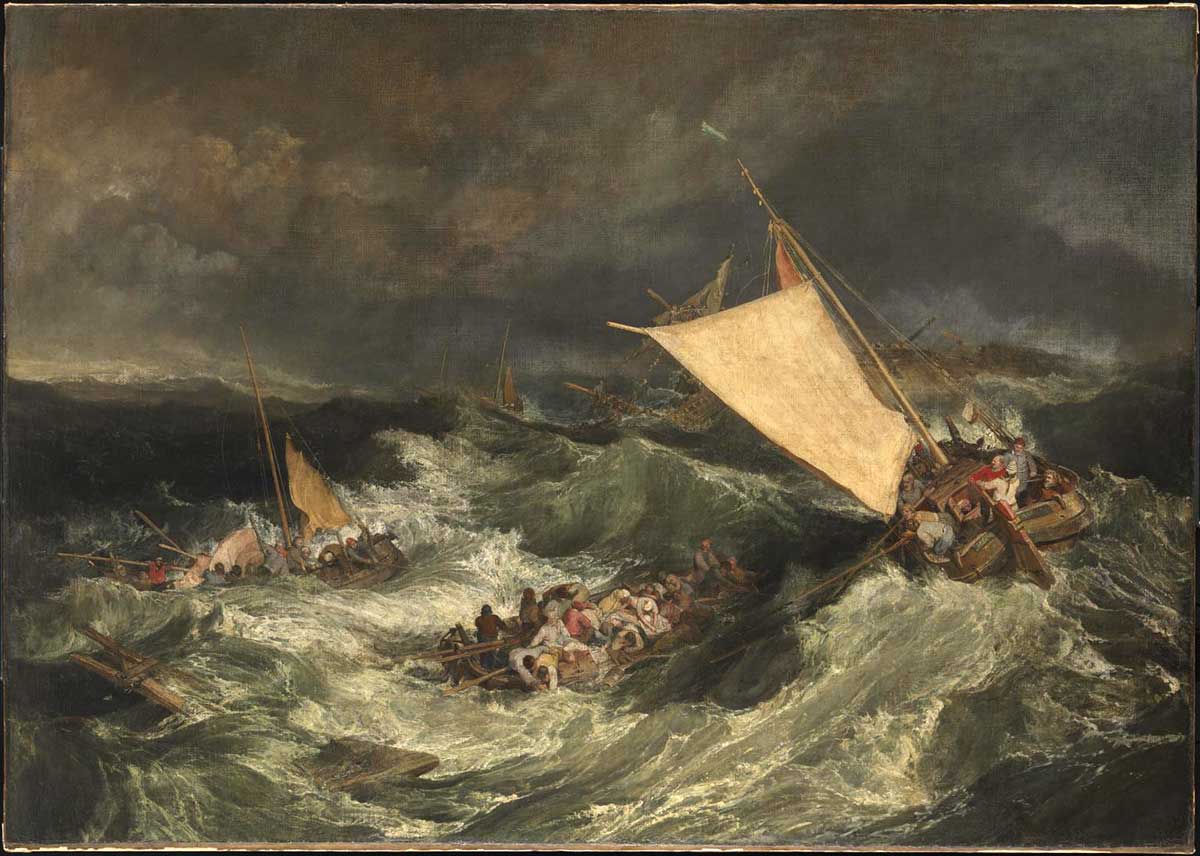
Greece — often called the cradle of Western civilization — was a place of learning and innovation in the ancient world. The Greeks dabbled in science (with fields like geometry, astronomy, and medicine finding roots there), wrote literature and plays (some of which are still revered today), and even had a democratic government (and are generally thought of as one of the earliest examples of democracy). But while the Greeks were ahead of the times in many ways, their ruling style also drew backlash from key figures like Socrates.
Democracy Can Be Direct or Representative

Democracy is a form of government in which power is placed in the hands of the people. This can take two main shapes: direct democracy (citizens make decisions themselves) or representative democracy (elected officials make decisions on behalf of the citizens). Most modern democracies operate with some form of representative democracy — such as the United States, Germany, and the United Kingdom. Ancient Greece, however, had a direct democracy; citizens had a direct and active role in the government, but this was easier back then than today because Greek city-states made the population smaller, and the definition of ‘citizen’ was more exclusive.
Socrates Criticized Democracy

Socrates was a philosopher from Athens in the fifth century BCE, and he has gone on to be one of the most well-known thinkers of his time. Although he didn’t leave behind any written works of his own, his students kept his legacy alive, and his influence reverberates today. He’s most known for his teaching style — known today as the Socratic Method — wherein a question-and-answer discussion setting is cultivated to stimulate critical thinking. Socrates believed one should be skeptical of everything, and he practiced what he preached regarding democracy. Socrates was an outspoken critic of the Athenian government. Two of his biggest criticisms of democracy concerned the majority rule’s lack of knowledge and the potential for a demagogue.
He Had Concerns About Majority Rule

Get the latest articles delivered to your inbox
Sign up to our Free Weekly Newsletter
Imagine you are about to embark on a sea voyage. It will be a long journey, the seas could be stormy, and the trip is dangerous. Who would you want making decisions — anyone on board or the captain with training? Probably the captain.
Although many view democracy as an ideal form of government because it gives citizens a say — whether through their own actions or those that they elected — Socrates believed that this wasn’t as good as it appeared. Using a case similar to the ship story, he argued that voting — either directly or for representatives — requires a skill and wisdom that not everyone has, and giving those people without the skill the ability to vote could lead to the equivalent of societal shipwreck.
Socrates Feared Democracies Would Elect Demagogues

A demagogue is a type of political leader who relies on prejudices, false promises, and charisma to manipulate voters into choosing them. The term arose in Greece in the fifth century BCE, right around Socrates’s time, and is often used negatively. Socrates himself was extremely worried that the democratic format would give rise to a demagoguery. Just as he feared majority rule could lead to misinformed voting, he feared that those running for office themselves would lack the wisdom needed to lead and might use their elected position for personal gain rather than the common good. Given that demagogues could be destructive in Ancient Greece — like Cleon, whose brutal rule nearly destroyed Athenian democracy — it may be that Socrates’s concerns were well-founded.
He Was Condemned by a Democratic Jury

While Socrates was distrustful of democracy, it is important to remember that he had bad run-ins with the institution, and ultimately, it was a democratic trial that resulted in his death. His critiques proved warranted when an Athenian jury found him guilty of impiety and corrupting the youth. His warnings — all relayed through his students, especially Plato — came full circle then when the government he distrusted killed him. He remained skeptical of their convictions to the end, defending his own activities and arguing that biases rather than a fair trial influenced the decision to punish him.








